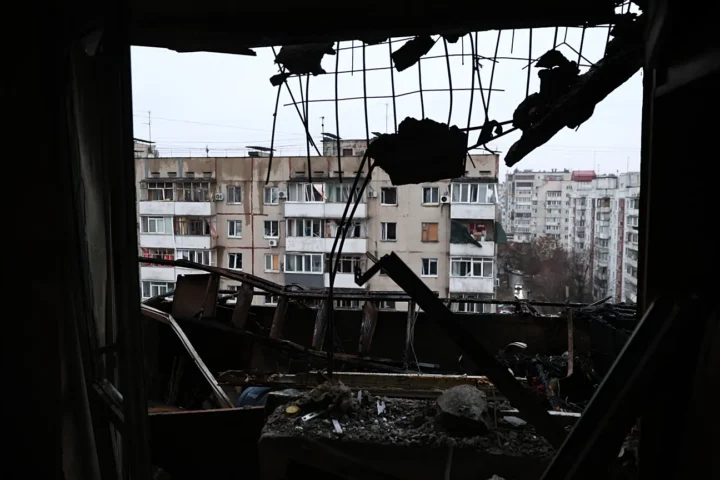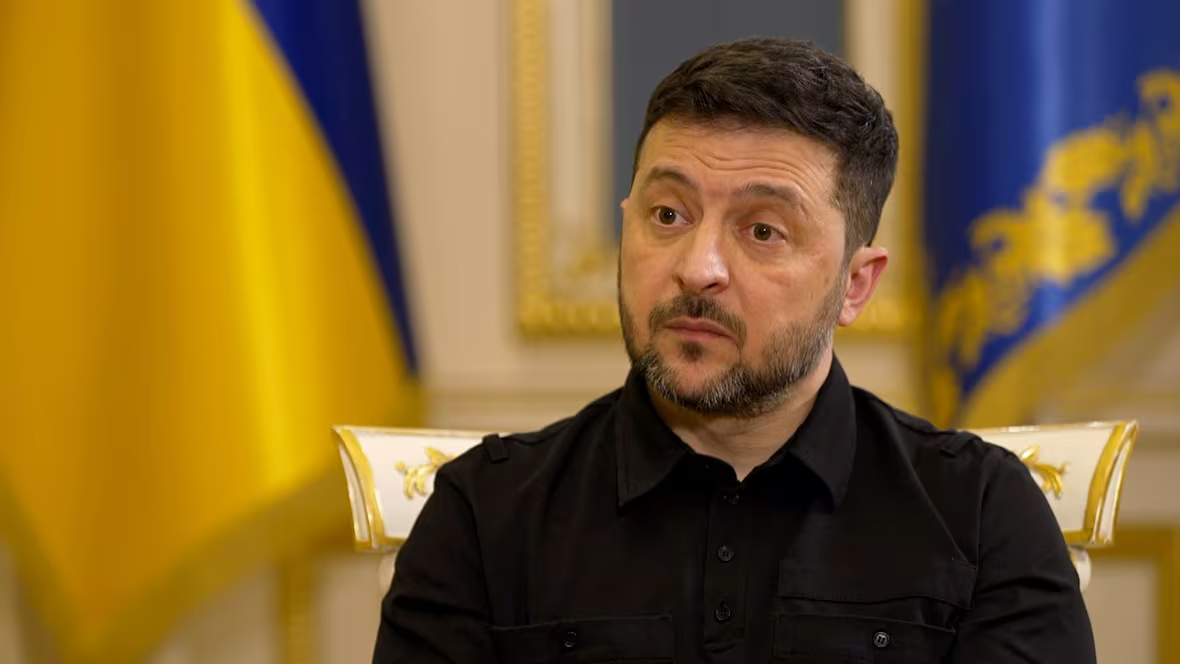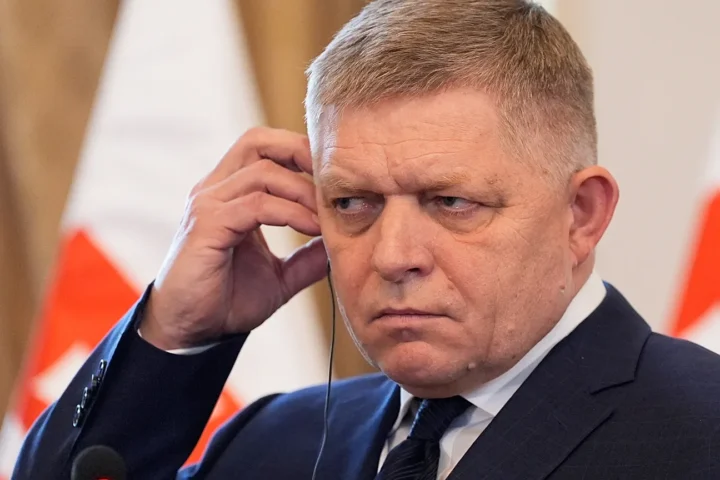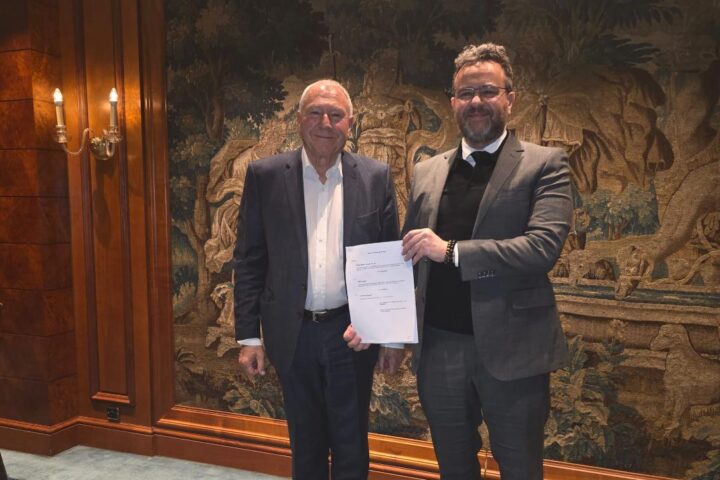Slovenia stands apart within the European Union as the sole member state to have imposed a ban on arms trade with Israel. This unique stance reflects a complex interplay of political, ethical, and regional considerations that set Slovenia’s policy apart from its European counterparts.
A Moral and Political Standpoint
Slovenia’s decision stems largely from concerns over Israel’s military actions in the Palestinian territories, particularly Gaza and the West Bank. The Slovenian government has voiced strong objections to what it perceives as disproportionate use of force and violations of international humanitarian law. By halting arms exports, Slovenia aims to distance itself from contributing to the ongoing conflict and human rights abuses.
Public Pressure and Political Will
Domestic pressure from civil society groups, human rights organizations, and parts of Slovenia’s political spectrum has been a key driver. Activists have campaigned vigorously to ensure that Slovenian arms are not used in conflicts deemed unjust or aggressive, pushing the government toward a principled embargo.
Divergence Within the EU
While other EU nations have expressed concern over the Israel-Palestine conflict, many maintain arms trade with Israel due to strategic alliances, defense cooperation, and economic interests. Slovenia’s move highlights a rare divergence where ethical considerations have taken precedence over traditional security and economic calculations.
Regional and Historical Context
Slovenia’s foreign policy often emphasizes neutrality and conflict prevention, rooted in its own history of seeking peaceful resolutions during the Balkan conflicts of the 1990s. This historical experience informs its cautious approach toward arms exports to conflict zones.
Impact and Reactions
The ban has sparked debate within the EU, with some member states questioning whether Slovenia’s policy undermines collective European security strategies. Meanwhile, human rights advocates praise Slovenia for setting an example that prioritizes ethical responsibility in arms trade.
Looking Ahead
Slovenia’s ban continues to challenge EU norms and may inspire other countries to reconsider their arms export policies amid growing calls for accountability in global conflicts. Whether this stance gains wider acceptance remains to be seen as geopolitical and economic pressures persist.






















